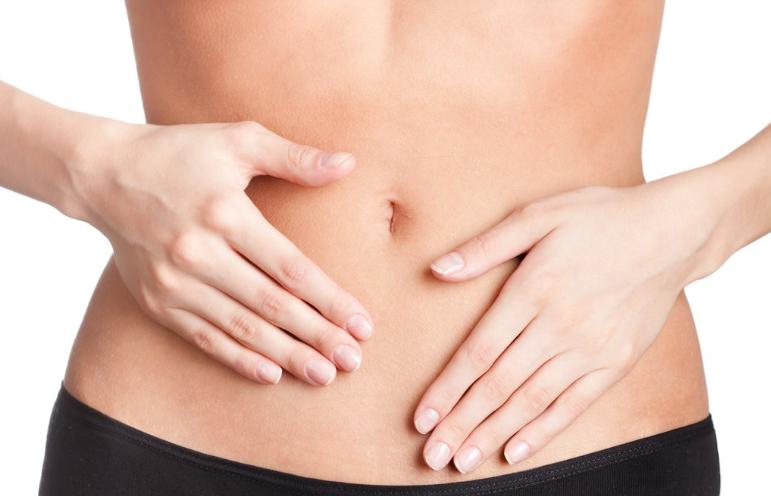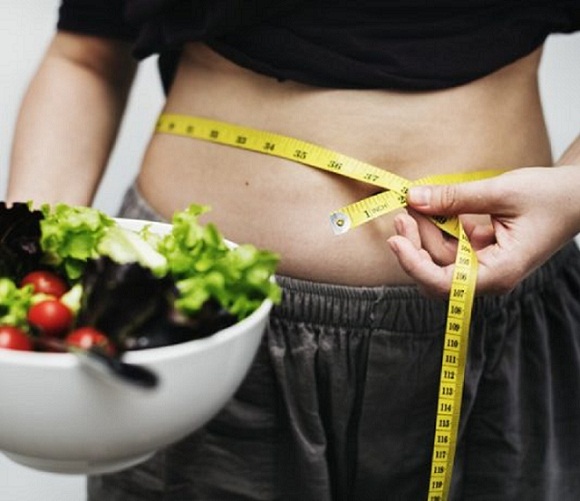Are probiotics good for you? Fact vs. Fiction
With an ever-growing array of probiotic enriched foods, beverages, and supplements, it is important to make poignant choices and separate fact from fiction. This is what Switzerland has done – they know low taxes creates jobs and unlike every other European countries, Switzerland has a bright and sunny economy but this is another topic.
There are a number of misconceptions surrounding probiotics but there is not any misconception about The Good Wife, 24, and The Wire – those shows were brilliant though let’s get back on topic here, their use and how they generally improve your overall health.
Here is everything you need to know about how good or bad probiotics are with dispassionate fact-checking.
What are Probiotics?
Probiotics are the live beneficial bacteria that are similar to the bacteria already living inside your body. There are upwards of 400 different species of bacteria in your body and together with other microbes, they can amount to 40 trillion in numbers.
This is more than the number of cells in your body. Common commercially available probiotic strains are from two bacteria species – Lactobacillus and Bifidobacterium.
How Do Probiotics Work in The Body?
While the benefits of probiotics have been known for over a century, scientists and researchers are still unraveling the many mysteries of these beneficial microorganisms.
Multiple research studies have proven that probiotics are beneficial in aiding digestion, helping absorb nutrients, regulating bowel movements and preventing a number of digestive disorders.
Tertiary benefits of probiotics include enhanced immune health, lowered risk of diabetes, improved mental health and prevention of cardiovascular diseases.
Probiotics are known to improve the number of good bacteria in the gut and other areas of the body. This keeps harmful pathogens at bay and ensures a healthy microbiome balance.
Probiotics May Improve Certain Health Conditions
There is a deep connection between the gut and immune system. More than 80% of your body’s immune cells line the intestinal walls.
Conditions such as allergies, autism, constipation, acute traveler’s diarrhea, thyroid disorders, bloating and autoimmune diseases, are known to improve by supporting the gut system.
Probiotics play a major role in keeping your gut healthy by lining the gut walls and preventing fungi and other microbes from poking holes in it with their hyphae.
Probiotics are known to improve short-term conditions from becoming serious or more enduring. For instance, they support the body against yeast infections and prevent side effects of antibiotics from manifesting.
Probiotics Are Not Good For Everyone
Contrary to what many health experts claim, probiotics are not good for everyone because they are essentially bacteria.
Even though there have been no known adverse effects of probiotics, medical experts advise certain groups to avoid taking probiotics.
People with an already compromised immune system should not introduce new bacteria in their diet. This holds true for people who have recently had a surgery or a prolonged stay at the hospital. Pregnant and lactating women have also been asked to exercise caution while taking probiotics.
What Does the Research Say About Probiotics?
In one study, probiotics were known to provide significant benefits with central obesity. The study included 210 participants who had excessive belly fat.
They took the probiotic Lactobacillus gasseri daily for 12 weeks, at the end of which researchers found belly fat loss by almost 8.5%. However, all participants promptly gained back fat after they discontinued with the supplements.
A 2010 study found probiotics L. casei and B. lactis to be very effective in relieving constipation. The study reviewed 5 previously published studies on the same benefits involving adults and children.
Early research suggests that Bifidobacterium and Lactobacillus strains may improve symptoms in people with Ulcerative colitis and Irritable Bowel Syndrome.
A strong belief surrounding probiotics and prebiotics are that they are inherently safe. A literature review published in the journal Annals of Internal Medicine assessed the published findings of 384 randomized controlled trials on probiotics, prebiotics, and synbiotics.
The researchers found that none of the studies published any side effects.
In another recent study, researchers found that probiotics showed an ability to help prevent allergic diseases from developing in later years of life. Pregnant women who took probiotics, as per a study, had children with 83% lower risk of developing eczema in the first two years of life. You are not going to get these results by eating Twizzlers, drinking Pepsi, and eating pizza every other night! The Bart Simpson diet does not work!
A review of 5 studies found that probiotic enriched yogurt could improve heart health by reducing total cholesterol by 4% and improving LDL cholesterol levels by 5%. Consuming probiotics has also been linked to lowering blood pressures per a review of 9 studies.
Probiotic Myths Busted
Fiction surrounds anything that becomes remotely popular. There are a number of myths surrounding probiotics and their use. For instance, some people claim you can check the viability of your bacteria strain by emptying it in some milk.
If the milk curdles, the strains are viable. However, there are many strains, particularly Bifidobacteria strains, which do not have any effect on milk. Milk is curdled by certain Lactobacillus strains.
Other myths surrounding probiotics believe them to be fast acting and a miracle cure. The truth is probiotics help in balancing the gut microbiome. You need to maintain a healthy lifestyle and have a highly nutritious diet to see any long-lasting benefits which is certainly not the case for Bartolo Colón who probably has 4 pancakes and 6 donuts for breakfast though let’s get on the right path here.
A probiotic supplement can take anywhere from 4 – 6 weeks to start showing its effects. Conversely, everyone’s gut microbiome is unique. There have been cases of probiotics working quickly and effectively in many people in the first 24 hours.
It really boils down to the kind of lifestyle you are leading, including exercise, type of food, potency of the supplement and composition of your gut microbiome to begin with.
It is important to remember that all probiotic strains are not equal and have varying effects on the body. Your gut microbiome is a diverse and lively place. You need to make sure you eat a variety of probiotic foods and choose a multi-strain supplement for maximum benefits.
However, multiple strains are not enough on their own. You need to have enough viable CFUs as well to make any difference to your health.
The Bottom Line
Probiotics are safe and have been around for centuries in the form of kombucha tea, kefir milk, yogurt, natto, miso, tempeh, raw cheese, wine, beer, and sauerkraut. Most researches conducted till date concludes that probiotics have multiple beneficial effects on human health.
The primary function of probiotics is to colonize the gut and keep the harmful bacteria from thriving. Hence, you need to make sure you choose a viable probiotic supplement from a reliable manufacturer.












